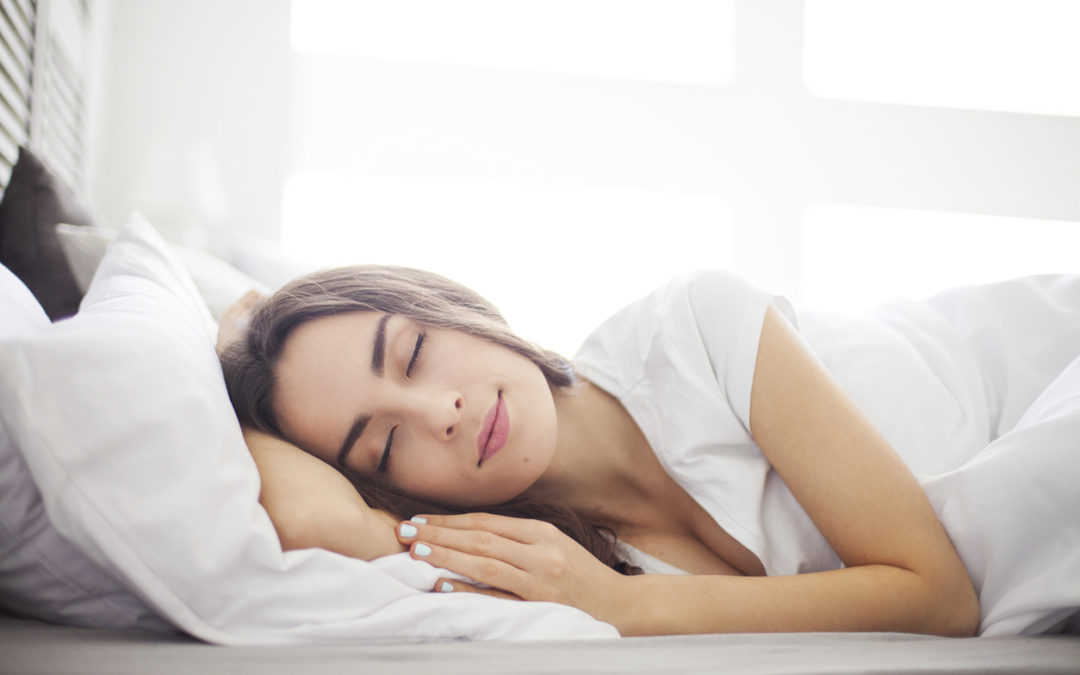Are those late-night study sessions or staying up all night to finish assignments really helping your grades?
It’s a well known fact that getting enough sleep is vital for a healthy lifestyle. Sleep deprivation affects your physical and mental health, energy levels, and productivity. Research shows that up to 60% of students suffer from lack of sleep or poor-quality sleep. This has a detrimental effect on their studies.
The AASM (American Academy of Sleep Medicine) found that “College students who pull “all-nighters” are more likely to have a lower GPA.”
The importance of a good night’s sleep should not be underestimated. It has been shown, in multiple studies, that sleep deprivation or irregular sleep has negative impact on a student’s health and academic success.
So, try to avoid those all-night cram sessions. Instead, concentrate on getting some quality sleep! This will help you avoid the negative effects of sleep deprivation. Getting enough good sleep improves a student’s memory and general alertness, and thus it may even help boost your grades.
Here are 10 tips to help you sleep better:

1. Stick to a Routine
The average adults need around 7 to 8 hours of sleep a night. Having a regular sleep pattern is best as it will leave you feeling refreshed and energized during the day. Decide on a time to go to bed and wake up and try to stick to this schedule. Even on the weekends, sleeping in can throw off your body clock. Sticking to a regular routine will help regulate your body’s natural circadian rhythm and promote a better quality of sleep. Irregular sleep patterns can have the same negative effects as a lack of sleep.
2. Go to Bed Sleepy
Try to go to bed when you feel tired. If you try to go to sleep when you are not tired, then you can end up associating your bed with feelings of frustration. If you cannot get to sleep within 15 minutes, get up and do something else to try and relax. Once you feel tired then you can then go back to bed.
3. Keep Your Bed for Sleeping
It may seem like a good idea to study in bed. After all, it is comfortable and there is no need to change out of your PJ’s… However, this can be counterproductive. Reserving your bed only for sleeping will help you feel more relaxed and subconsciously associate your bed with sleep.
4. Limit or Do Without Those Power Naps
If you’re having trouble sleeping, taking naps in the day can make it even harder to fall asleep at night. If you must take a nap, try to limit it to 20 or 30 minutes before 3pm. This will help you avoid waking up feeling groggy and stop it from disrupting your sleep at night.
5. Avoid Caffeine
Many of us love a coffee fix in the morning to wake us up and start the day. Try to limit your caffeine intake in the afternoon and evening though. Caffeine is a stimulant found in coffee, tea, soda and some chocolate. It can stay in your system for 3 to 5 hours and make it difficult to go to sleep.

6. Think About Sound
A study done in 2012 by Orfeu Buxton, an associate professor of biobehavioral health at Penn State, when examining the distinction between different sounds of abrupt threats and gradual non-threats, concluded that non-threatening noises are blocked out by the brain. Therefore, a shrill sound will bolt
you right out of a deep sleep, whereas the sound of soft raindrops in a forest will peacefully lull you to sleep.
7. Make A Bedtime Ritual
Find time to relax and wind down before bed. This will help you de-stress and separate sleep from your daily activities. It could be taking a hot bath, reading a book, or listening to relaxing music for 15 to 30 minutes, anything that helps you wind down. If you do this before bed every day, you will begin to naturally associate it with going to bed and your body will prepare for better sleep.

8. Turn Off Your Phone
The blue light emitted from electronic devices, such as phones or laptops, reduces the amount of melatonin your brain secretes. Even if it is bedtime according to your body clock, this makes it more difficult to fall asleep.
You can minimize the effect to an extent, by turning the brightness down or using special software. In order to have a more restful sleep, it is best to avoid using your phone or other electronic devices at least an hour before you go to bed.
9. Exercise in The Day
Regular exercise is an important part of a healthy lifestyle and promotes better sleep quality. Exercising right before bed can be the cause of disrupted sleep. Try to exercise earlier in the day or finish your workout at least 3 hours before going to sleep.
10. Make Your Bedroom Perfect for Sleeping
Environment and ambiance are important factors that can affect your sleep. Set yourself up for success by creating a relaxing, comfortable area to sleep in. Make sure your mattress and sheets are comfortable and the room is calm and relaxing. A dark, cool, and quiet space is ideal for sleeping. Try to avoid any distractions or noise interrupting your sleep. An eye mask or earplugs may help.
Establishing a healthy sleeping pattern will improve your studies and your mental and physical health. With these tips, you can sleep better and wake up refreshed and alert every day.
Want more great tips on student life and studying online?
There is plenty of information available on our blog. If you’d like to learn more about the application process or degree courses, you can give us a call on 855.210.5641. We’ll be happy to help!

